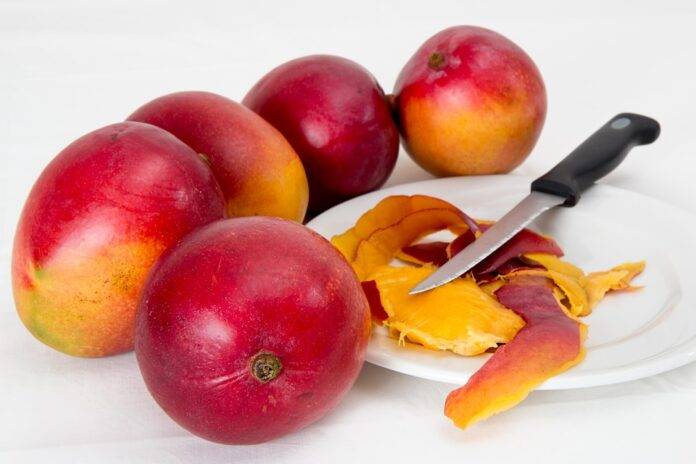The Current State of the Mango Industry
As of 2021, the global mango industry is valued at over $10 billion, with countries like India, China, Thailand, and the Philippines leading in mango production. The industry has been steadily growing over the years due to increasing demand for tropical fruits in both domestic and international markets. Mangoes are not only popular for their sweet and tangy flavor but also for their numerous health benefits, making them a sought-after fruit worldwide.
Key Trends Shaping the Mango Industry
One of the key trends shaping the mango industry is the rising demand for organic and sustainably produced mangoes. Consumers are becoming more conscious about the environmental impact of their food choices and are willing to pay a premium for mangoes that are grown using eco-friendly practices. This trend is expected to continue in the next decade as more consumers prioritize sustainability in their purchasing decisions.
Another trend impacting the mango industry is the increasing popularity of value-added mango products such as mango juice, dried mango slices, and mango puree. These products offer convenience and versatility to consumers and are seeing a surge in demand, especially in urban areas where fresh mangoes may not always be readily available.
Challenges Facing the Mango Industry
Despite the positive growth trajectory of the mango industry, there are several challenges that industry players need to address in the next decade. One of the major challenges is climate change, which can have a significant impact on mango production. Erratic weather patterns, droughts, and extreme temperatures can affect mango yields and quality, leading to potential supply shortages and price fluctuations.
Additionally, pests and diseases pose a threat to mango cultivation, requiring farmers to invest in effective pest management strategies to protect their crops. Market volatility and competition from other tropical fruits also present challenges for mango growers and exporters, requiring them to constantly innovate and differentiate their products to stay ahead in the market.
The Future of the Mango Industry: Predictions for the Next Decade
Despite the challenges facing the mango industry, there are several promising opportunities and trends that are likely to shape the industry’s future in the next decade. Here are some predictions for the future of the mango industry:
1. Continued Growth in Demand
The demand for mangoes is expected to continue growing in the next decade, driven by factors such as population growth, urbanization, and increasing awareness of the health benefits of mango consumption. As more consumers incorporate mangoes into their diets, the market for fresh and processed mango products is projected to expand, creating opportunities for mango producers and exporters.
2. Expansion of Export Markets
With globalization and trade liberalization, mango exporters have access to a wider range of international markets. Countries like India and Mexico are already major players in the global mango trade, but there is still untapped potential in markets such as Europe, the Middle East, and Africa. The next decade is likely to see an increase in mango exports to these regions as trade barriers are reduced and consumer demand grows.
3. Technological Advancements in Mango Cultivation
Advancements in technology, such as precision agriculture, drones, and biotechnology, are revolutionizing mango cultivation practices. These technologies enable farmers to optimize their crop management, improve yields, and reduce environmental impact. In the next decade, we can expect to see more adoption of these technologies in the mango industry, leading to increased productivity and efficiency.
4. Sustainable Practices and Certification
As consumers become more environmentally conscious, there is a growing demand for sustainably produced mangoes. Mango growers are increasingly adopting eco-friendly practices such as organic farming, water conservation, and fair labor practices to meet consumer expectations. In the next decade, we can expect to see more mango farms obtaining certifications such as Fair Trade and Rainforest Alliance to demonstrate their commitment to sustainability.
5. Innovation in Mango Products
The next decade is likely to witness a wave of innovation in mango products, driven by changing consumer preferences and market trends. From mango-flavored snacks and beverages to functional foods and nutraceuticals, there is a wide range of opportunities for product diversification and differentiation. Companies that can innovate and offer unique mango products are poised to succeed in the competitive market landscape.
Conclusion
In conclusion, the mango industry is poised for growth and transformation in the next decade, driven by evolving consumer preferences, technological advancements, and sustainability initiatives. While challenges such as climate change and market competition remain, there are ample opportunities for industry players to capitalize on emerging trends and secure their position in the global mango market. By embracing innovation, sustainability, and market diversification, the future of the mango industry looks promising and exciting.




